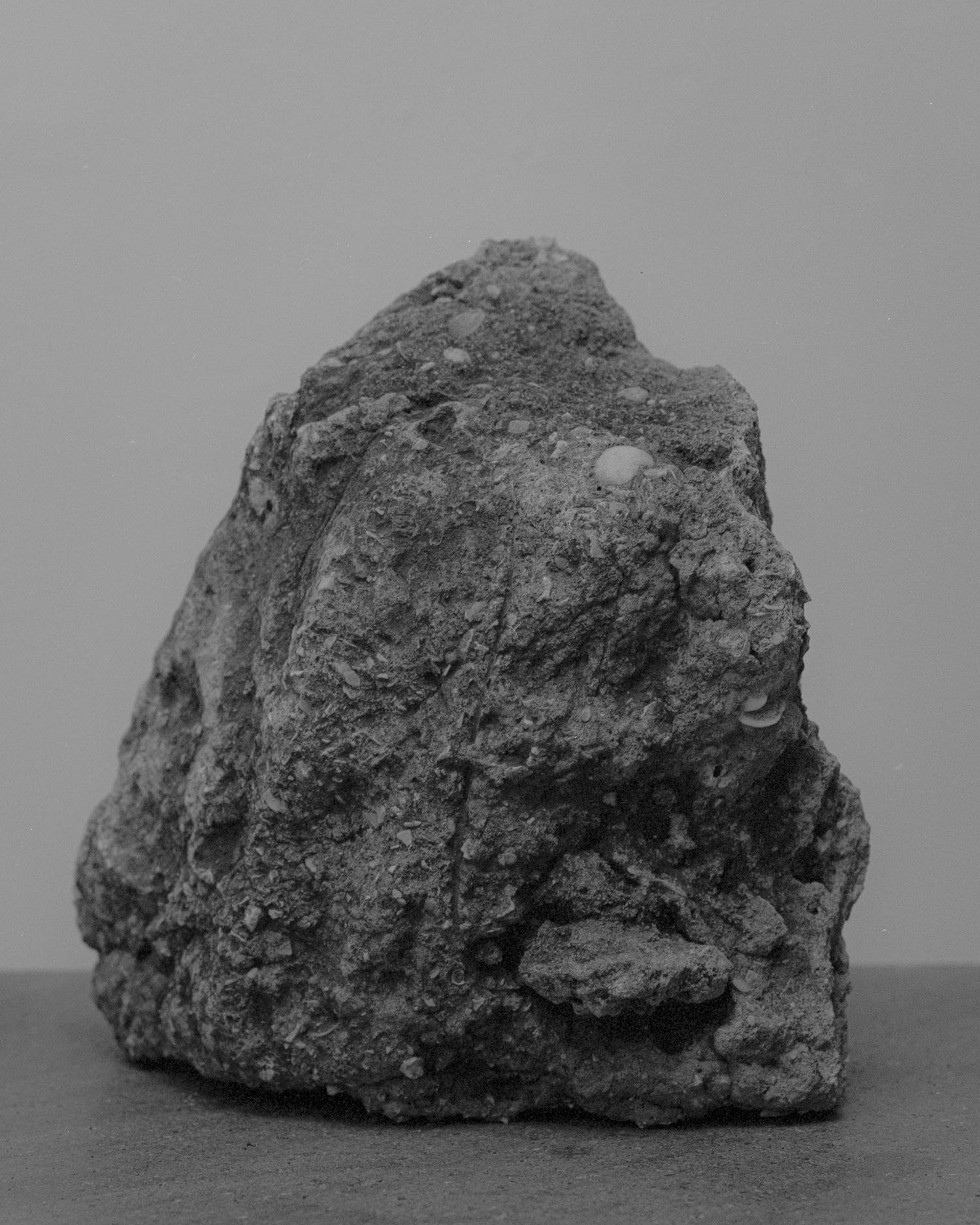Fragment
Fragment (2022) is a video art project created by multidisciplinary artists Dmitry Khmelnitsky and Ilya Marcus and performed by Katya Filkov. The project premiered in CCA Tel Aviv-Yafo on December 8th in collaboration with Guy Bernard Reichmann, Office Manager, Mona Benyamin and Esraa Abed, Content Managers, and Nicola Trezzi, Director at CCA Tel Aviv-Yafo.
Fragment was presented as part of the series of events, out-of-office, in the Marc Schimmel Multipurpose Gallery. Out-of-office series is focused on time-based practices such as video, dance, and performance and was conceived as a way to nurture the domestic scene of creators.
Fragment raises the existential question that differentiates facts from memory, reality from dreams, and consciousness from the subconscious. The struggle to bring an authentic memory into existence is constant; it becomes a source of mental pain and comprehension of one’s fragility ⎯ the failure of the mind to deliver the narration of events as those occurred. The main character performs several futile attempts to reconcile with this failure that comes in a tactile exercise of touching the most physical element of nature, the earth. Earth, stones, grass, and blocks of concrete, with a touch of a hand or even the whole body, suggest the objects are real; however, the central desire to extract the memory evades the character. The mental pain is transformed into a physical one in the violent act of cutting the stems of flowers. The climax is presented by showing the past, the moment gone, on an old TV screen ⎯ the ultimate weakness of humans not remembering is easily manifested with technology. There is no, and there can be no, reconciliation. Fragment is to remain a bit of the memory and experience piercing the present as a weak light of a star coming after thousands of years to be observed from earth.
Fragment ⎯ a fraction or a part of a whole.
Fragment carries not only a physical form but also a metaphysical component that focuses on the non-linearity of events. Past and present become blurred, while one object is substituted for another, with no accurate narrative but rather a mutation that interprets its own reality: deformed, having neither a beginning nor an end.
Fragment raises a question of being by drawing a line between the living and the dead, the present and the past. An attempt to understand time puts the concept of time (as such) into question. In this substitution of images, Fragment reinforces the helplessness of the mind to embrace the past with a memory. It slips away at any attempt to cling to the slightest fraction. What was recently alive in a moment becomes inanimate ⎯ belonging to infinity ⎯ as we find ourselves in front of a cold and sharp stone.







